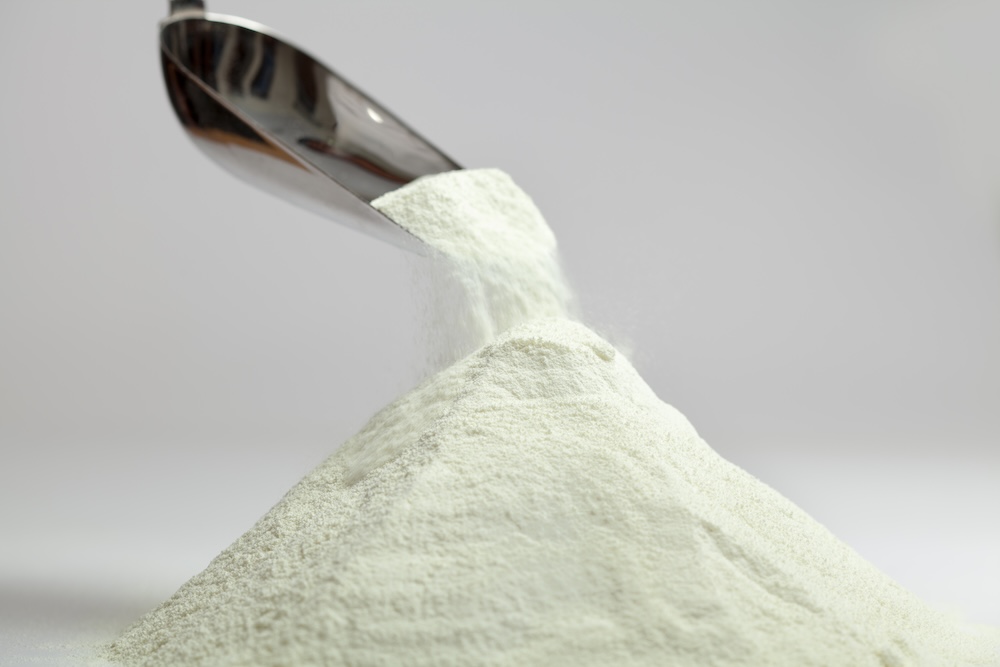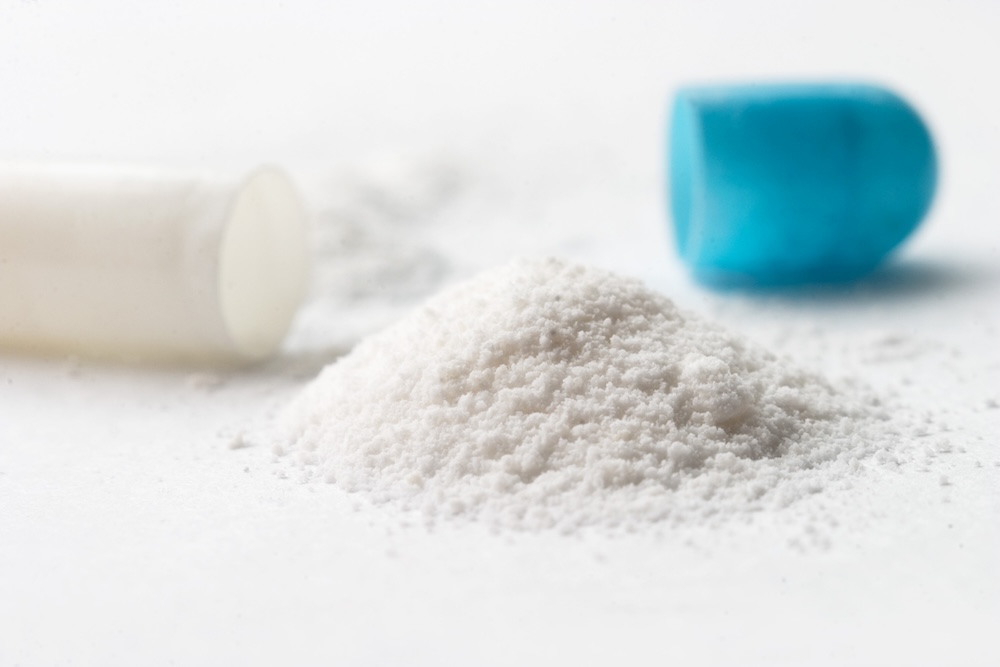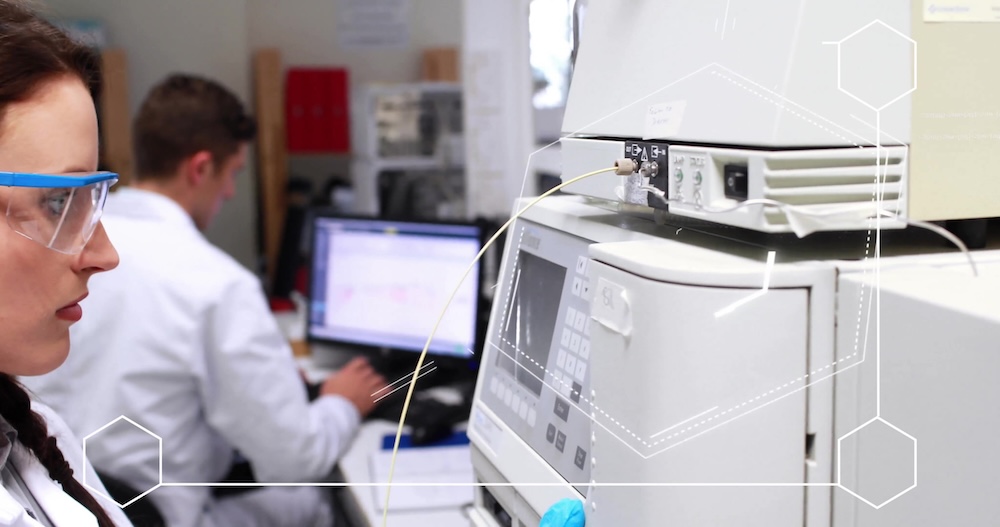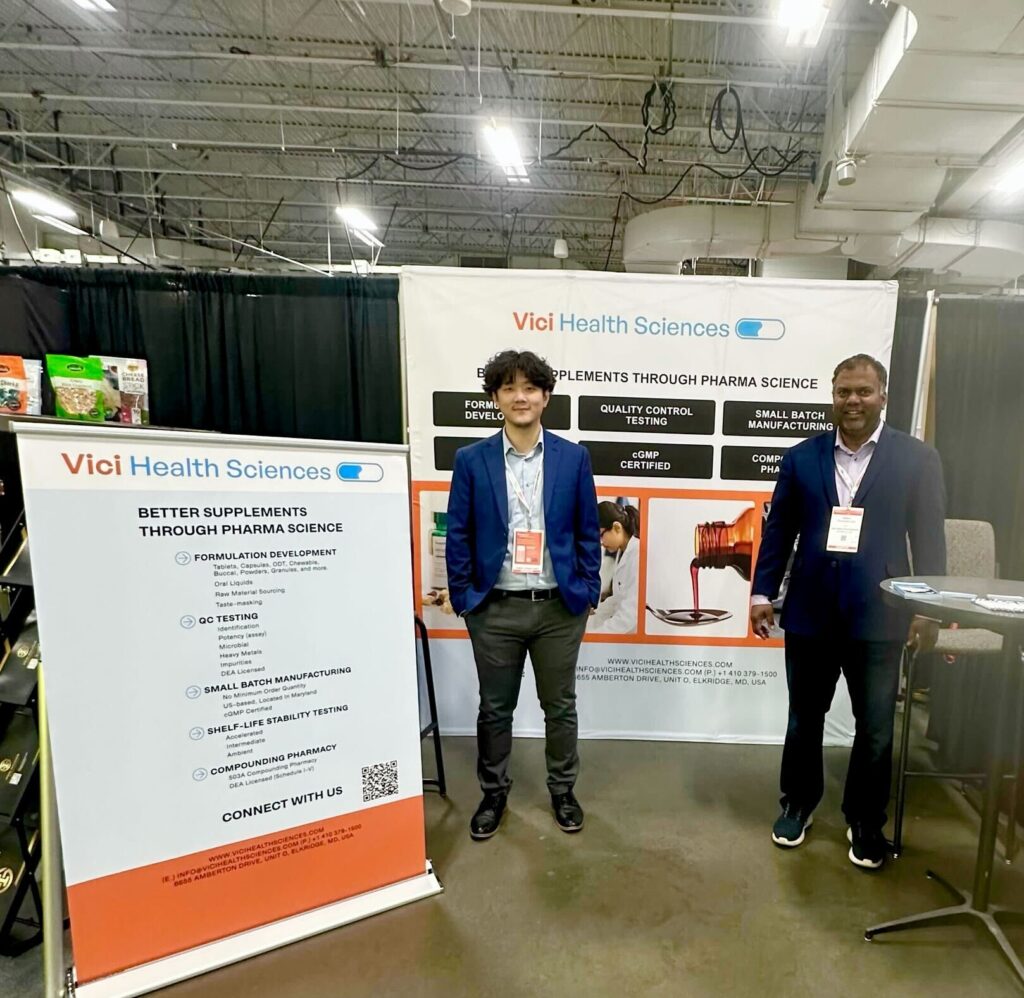The acronym CMC stands for Chemistry, Manufacturing, and Controls and is widely used in the pharmaceutical industry and by regulatory bodies including the US FDA. The discipline of CMC includes formulation development, drug substance and drug product manufacturing, pharmaceutical analytical testing, and the overall control strategy used to ensure quality and regulatory compliance of pharmaceutical products
Primarily, CMC experts work towards ensuring that quality and regulatory compliance are built into manufacturing, testing, and the entire supply of pharmaceutical products. This includes:
- Raw material supply and its quality including excipients (inactive ingredients), active ingredients (API), and packaging components
- Drug product (dosage form) manufacturing and controls
- Analytical testing, specification, and controls
- Stability testing and product shelf life
What qualifications do CMC experts possess?
Scientists and engineers and pharmaceutics professionals who are part of pharmaceutical product CMC teams have a variety of technical education and knowledge. This includes organic chemistry, analytical chemistry, material sciences, formulation sciences, chemical engineering, pharmaceutics, and a variety of other scientific disciplines. Most CMC experts have a baccalaureate degree in their respective field and an advanced degree such as a master’s or a PhD. Apart from education, a CMC expert has years of experience working with a variety of dosage forms and manufacturing scales of operation and testing.
A CMC expert must be proficient in the following areas:
- Chemistry
- Material properties
- A thorough understanding of FDA regulatory guidance related to their area of expertise including remaining updated on recent changes
- An ability to write sections of the pre-IND briefing book, IND, NDA or ANDA
- A thorough understanding of pharmaceutical product specifications and how to set them effectively to ensure quality
- A deep understanding of cGMP and quality concepts
- An understanding of the lifecycle of pharmaceutical products from early development, scale-up and late-stage development, regulatory filing and review, commercialization support, and post-commercial change management
Why engage with a CMC expert to guide your project?
It is crucial to engage with the correct CMC team to ensure quality, cost savings, and to meet target timelines for drug development and commercialization.
Role of CMC in the IND stage of a project
The FDA expects an appropriate level of controls for drug products and drug substances utilized for GLP IND-enabling animal (nonclinical) studies since such studies support the needed toxicology sections of the IND. Controls and quality are important to ensure safety during clinical studies and the FDA requires phase appropriate CMC to be part of the IND application and clinical batch manufacturing. The CMC experts in your drug development team must ensure that such controls are part of development, clinical supply manufacturing, and IND writing.
CMC and manufacturing scale-up
As drug development progresses into Phase II and Phase III clinical studies, the scale of drug product and drug substance manufacturing increases. For example, for oral solid dose forms, it is typical to manufacture a few hundred or a few thousand tablets as part of a Phase I clinical trial, about 10,000 or more tablets for typical Phase II clinical trials and over 100,000 tablets for Phase III clinical trials. The CMC expert in formulation development and manufacturing must be able to scale up the manufacturing process and ensure that the manufacturing process always remains under control per pre-established specifications. The CMC analytical expert must develop and utilize phase-appropriate validation as part of the testing strategy.
CMC and Phase III manufacturing supplies
The specifications set during Phase III clinical trial manufacturing and registration stability batch manufacturing must closely reflect or be the same as commercial batch manufacturing specifications. Any discrepancies in the manufacturing process, raw materials, formulation, or specifications at this stage will lead to extremely costly delays and possible additional clinical studies that would jeopardize new drug development efforts. At this stage, it is crucial to select experienced CMC experts who can guide your program to ultimate success and ensure quality and regulatory compliance in terms of CMC is always maintained.
CMC and shelf life/stability testing
The shelf life of pharmaceutical products is established through stability studies. Stability specifications, analytical methods utilized to test stability samples, and understanding and investigating out-of-specification (OOS) and out-of-trend (OOT) events must be performed by CMC experts. Stability problems are notoriously difficult to solve because test data cannot be generated quickly. Working with experienced CMC experts who have been part of troubleshooting stability OOS incidences will help your program stay on track.
Ensuring Pharmaceutical Product Quality
Quality must be designed into pharmaceutical product. In other words, quality-by-design must be the driving force behind quality, and not quality-by-testing. A thorough understanding of critical-to-quality attributes helps ensure that the correct experiments are performed to understand the product during drug development and that the right specifications are selected. Once specifications are selected and validated procedures are developed to test the product against the approved specifications, a proper control strategy in conjunction of quality management systems ensure compliance through the lifecycle of the product. However, pharmaceutical supply chains and manufacturing are complicated, and CMC experts understand and help ensure that products always remain in compliance.
Role of CMC in post-approval compliance
CMC experts play a leading role in post-approval compliance and change management. Due to the complexity of pharmaceutical supply chain and manufacturing, it is not unusual to deal with changes to raw material vendors, grades, or manufacturing procedures. The effect on such inevitable changes on the quality and compliance of the commercial product must be evaluated and mitigation strategies implemented when such changes lead to OOS events. The FDA allows for some changes in product CMC attributes as defined in their SUPAC-IR and SUPAC-MR guidance. However, you will need to work with CMC experts to interpret such guidance and ensure that your product always remains in compliance.
Tech transfer is a common part of pharmaceutical M&A. Often, companies need to move a commercial product from one manufacturing plant to another. Such changes need the involvement of CMC experts who can ensure that the change in manufacturing site does not adversely affect product quality or regulatory compliance.
CMC experts as project managers
Due to their understanding of the full lifecycle of pharmaceutical products, CMC experts make excellent project managers. It is common to find project managers in the pharmaceutical industry who have analytical chemistry or formulation development backgrounds. As CMC experts regularly interface with other functions such as regulatory compliance, clinical, and medical, they are naturally able to lead projects.
Expert Guidance during each step of the way
CMC experts play a crucial role in maintaining product quality and compliance throughout the lifecycle of pharmaceutical products. Due to the required expertise and experience needed, CMC professionals are expensive, and you need more than one as part of your development and product management team. At Vici, we provide project management service as part of our CMC technical offering to help small pharma remain on track with their development objectives. We have many years of experience managing all CMC requirements including CMC troubleshooting for a variety of dosage forms across a variety of settings. Working with Vici will save your company significant amounts of time and money. Contact us to discuss your CMC needs.







